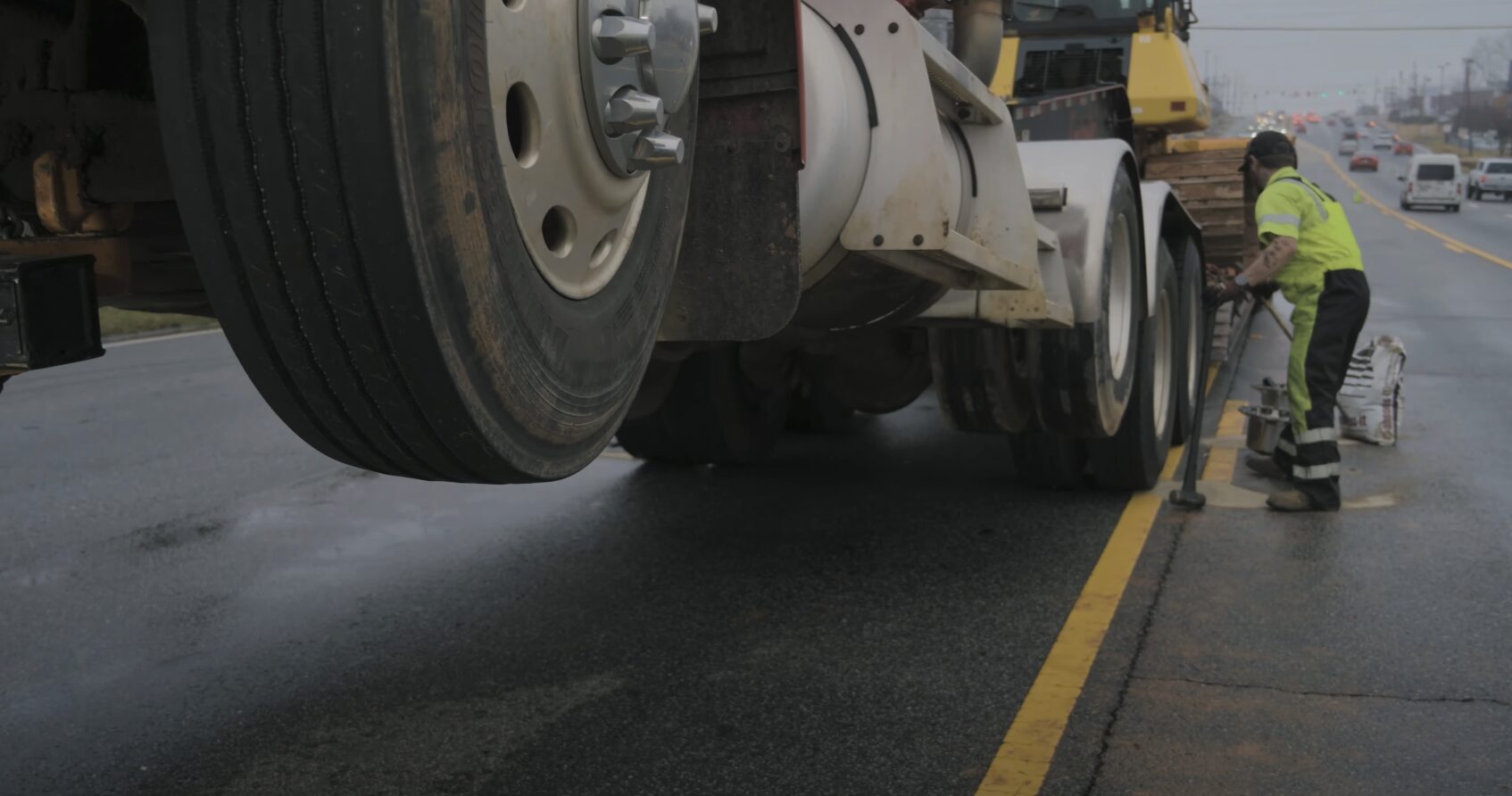Heavy-Duty Towing Service
Specialized heavy-duty towing for commercial trucks, RVs, buses, and large vehicles in Princeton, NJ.

Commercial Vehicle Recovery
Heavy-duty towing requires specialized equipment and extensive training to safely handle commercial trucks, recreational vehicles, and other large vehicles that exceed the capacity of standard tow trucks. These operations often involve vehicles weighing 10,000 to 80,000 pounds or more, requiring powerful recovery equipment and experienced operators.
Commercial truck breakdowns represent a significant portion of heavy-duty towing calls, with approximately 15% of all commercial vehicles experiencing roadside emergencies annually. These situations often occur on busy highways where rapid response is critical for traffic flow and driver safety.
Specialized recovery equipment includes rotator trucks capable of lifting and rotating heavy vehicles, heavy-duty winches for off-road recovery, and multi-axle trailers for transporting disabled commercial equipment. Professional operators undergo extensive training in load calculations, rigging techniques, and safety procedures specific to heavy-duty recovery operations.
Recreational vehicles present unique challenges due to their size, weight distribution, and often valuable contents that require careful handling during recovery operations. RV towing requires understanding of slide-out mechanisms, leveling systems, and electrical connections that must be properly secured before transport begins.
Bus and motor coach recovery operations require coordination with passenger transportation authorities and often involve multiple recovery vehicles due to their size and weight. These vehicles may require specialized permits for transport and must follow designated heavy-haul routes to avoid bridges and overpasses with weight restrictions.
Construction equipment and agricultural machinery represent another category of heavy-duty towing that requires specialized trailers and permits. These vehicles often have tracks, outriggers, or other equipment that must be properly positioned and secured for safe transport. Long-distance transport of heavy equipment may require route surveys and escort vehicles depending on size and weight regulations.
Emergency heavy-duty recovery often involves vehicles that have rolled over, jackknifed, or left the roadway entirely. These situations require careful assessment of stability, environmental hazards, and potential cargo concerns before recovery operations begin. Commercial accident recovery may involve hazardous materials cleanup and coordination with environmental agencies depending on the nature of the cargo involved.
Insurance and liability considerations for heavy-duty towing are more complex than standard passenger vehicle situations due to the higher values involved and potential for significant property damage. Commercial vehicle policies typically include specific coverage for towing and recovery operations, but coverage limits and approved service providers vary significantly between policies.
Weather-related heavy-duty recoveries present additional challenges, particularly during winter conditions when commercial vehicles may become stuck or slide off icy roadways. These operations require specialized traction equipment, additional safety measures, and often multiple recovery vehicles working in coordination. Emergency response capabilities for heavy-duty situations include 24/7 availability and rapid deployment of appropriate equipment for each specific recovery situation.
